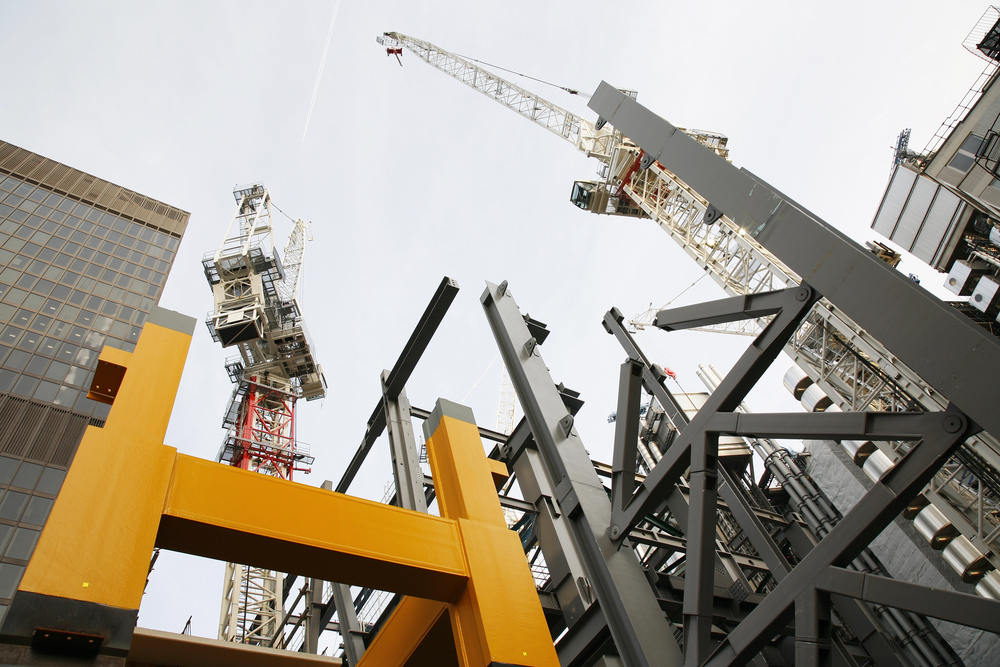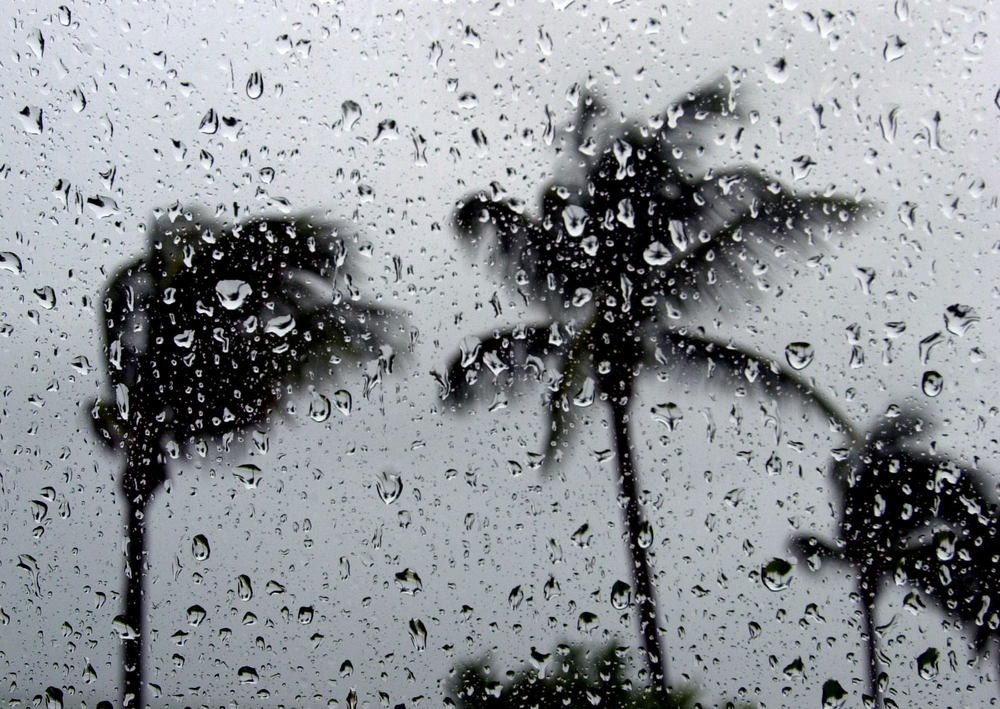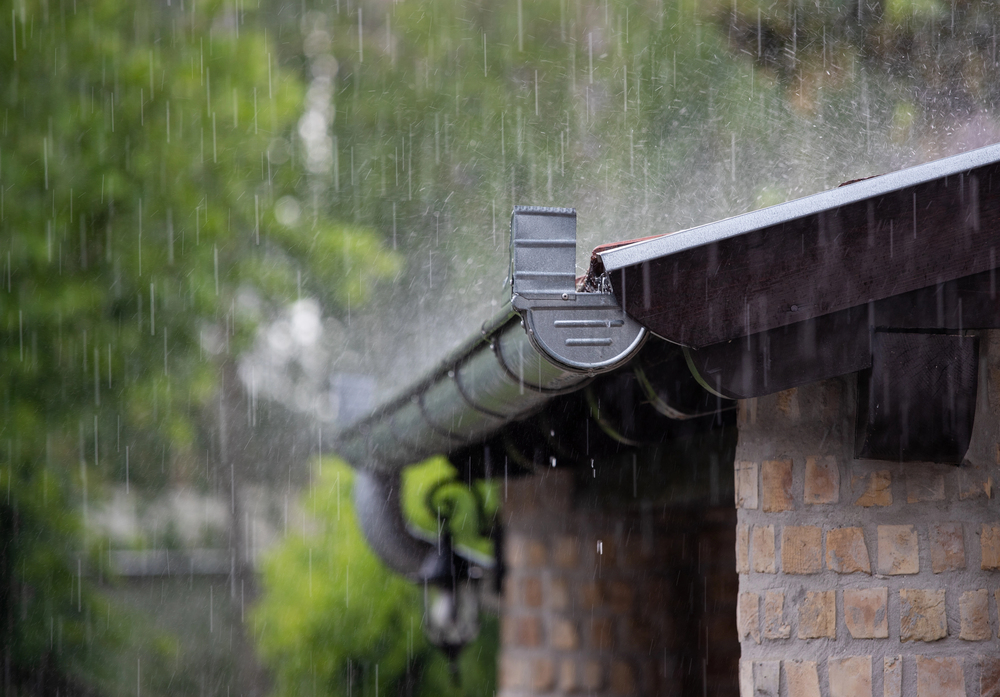When Can a Carrier Deny a Claim Based On Faulty Workmanship?

By: Big “I” Virtual University Faculty
An agency insures a heating and cooling contractor. In spring 2015, the insured took over maintenance of a commercial office building, including a heating and cooling tower that had been installed in 1999. The heating and cooling system had not been well maintained, and the insured installed a new heat exchanger in 2015.
In fall 2016, the insured winterized the system. Some water remained in the system—likely from a valve that wasn’t properly closed—and it froze over the winter, which damaged the heat exchanger the insured installed in 2015.
Q: The damage to the heat exchanger was discovered in March 2017, when we reported the claim to the general liability carrier (CG 00 01 04 13). Now, the carrier is denying coverage for the damage to the heat exchanger based on three arguments:
- There is no “occurrence” because of faulty workmanship.
- Even if this was an occurrence, the Your Work exclusion would apply.
- Even if the Your Work exclusion was not applicable, the Your Product exclusion would apply.
Is the carrier correct to deny the claim?
Response 1: Carriers readily deny coverage for damage involved in work claims based on an array of court decisions, and they are frequently wrong in their denials. Adjusters aren’t attorneys, and these same individuals often lack an elementary understanding of the commercial general liability policy. Worse, claims units often lack core industry text or reference materials that address important coverage elements—including, notably, reference materials that address broad form property damage.
The International Risk Management Institute (IRMI) has a wealth of material that addresses broad form property damage, damage to work, faulty workmanship, the Your Work exclusion and more. The “Commercial General Liability Coverage Guide” by Donald Malecki—as well as Malecki’s long-term publication, “Malecki on Insurance”—also addresses the subject. Fire, Casualty & Surety manuals address the same list of topics, although not as thoroughly as IRMI. In the late 1970s, ISO published Circular CG 79-12, “Broad Form Property Damage Explained.” The description addresses the pre-1986 policy form, but it’s still an excellent source document.
Broad form property damage was added to the commercial general liability policy in the 1950s-1960s as a means of keeping an insured contractor in business. An additional property damage premium is charged to incorporate valuable additional protection in the policy. This coverage was added by endorsement for decades, then incorporated in the 1986 policy. You may be aware that property damage liability premium is very profitable.
Do not argue law with the claims department. Use industry reference and text sources to educate your adjusters. I find insurance company personnel’s understanding of this issue on par with house plants. If they wrongfully deny the claim, you may have grounds for a bad faith lawsuit.
Response 2: Check out “The ‘No-Occurrence’ CGL Claim Denial” by Bill Wilson, and download the chart of state and federal case law. Your state is a mixed bag of appellate decisions until the state supreme court ruled in the 2012 Westfield case. In addition, after ruling in 2001 that faulty workmanship was an “occurrence,” the 6th Federal Circuit Court of Appeals later ruled in 2012 that it was not an “occurrence.”
It sounds like the carrier is likely correct. They’re probably also correct that the Your Work exclusion would apply, but we’d need more facts to make that determination—which is moot given the law of the land in Ohio. The Your Product comment makes no apparent sense.
Response 3: Based on my reading and understanding of the cause of the damage as presented in the question, if the carrier denies this claim based on faulty workmanship, that’s tantamount to making the coverage illusory—which creates a bad faith situation. Doing so would be an unreasonable restriction of coverage. Based on that logic, any failure to execute winterizing or most other normal activities to perfection would be excluded.
The question seems to indicate that the damage had nothing to do with the workmanship related to installing the exchanger. Based on your description, it sounds like the damage resulted from improper winterization work undertaken some months after the installation was complete and the system was put to its intended use. That’s not faulty workmanship—it’s unexpected and unintended damage during routine maintenance, just as if they were working on an exchanger installed by someone else. The damage had nothing to do with the installation of the exchanger—it resulted from improper winterization work.
If the carrier is threating to use exclusion l. Damage to Your Work, they’re also nuts. This exclusion essentially applies if the work is damaged by something that is part of the work. It’s a business risk exclusion: “‘Property damage’ to ‘your work’ arising out of it…” The exchanger didn’t damage itself because of something the insured did as part of the installation. The freezing of water after improper winterization is what damaged the exchanger.
Regarding the Your Product exclusion, I don’t know many people who don’t consider the HVAC system part of the building, and thus real property. The Your Product exclusion applies to personal property.
If the carrier is trying assert the CCC exclusion (j), that’s also crazy. Exclusion j.(5) is an operations exclusion (“are performing operations…”). This was a completed operations loss. Same with exclusion j.(6).
Again, based on how I understand the situation, the carrier owes for damage caused by improper winterization. I think the Department of Insurance should have a go at this one.
Response 4: The insured’s “work” in this case was winterizing the heat exchanger. That work was not damaged, so the exclusion does not apply. If part of the repair bill includes the cost of winterizing the exchanger again, then that portion of the cost is excluded.
The insurer is arguing that the heat exchange is always included in the definition of “your work” because the insured installed it in the past. But I think you’ll find this connection ends once the original installation is complete. A new and discrete operation on the same property would not invoke the “your work” exclusion. To do otherwise would produce absurd results. If a carpenter went out to repair a house they had built 25 years prior and accidentally damaged it, that damage would be covered—just as if the same situation involved a house they had not built in the first place.
This question was originally submitted by an agent through the Big “I” Virtual University’s Ask an Expert service. Answers to other coverage questions are available on the VU website. If you need help accessing the website, request login information.










